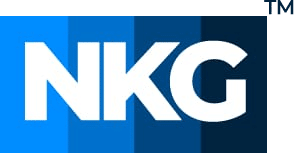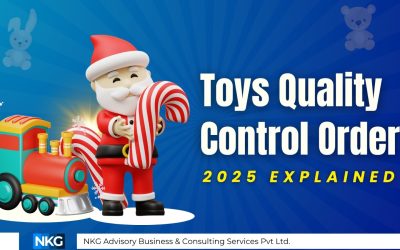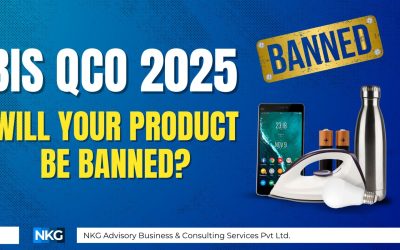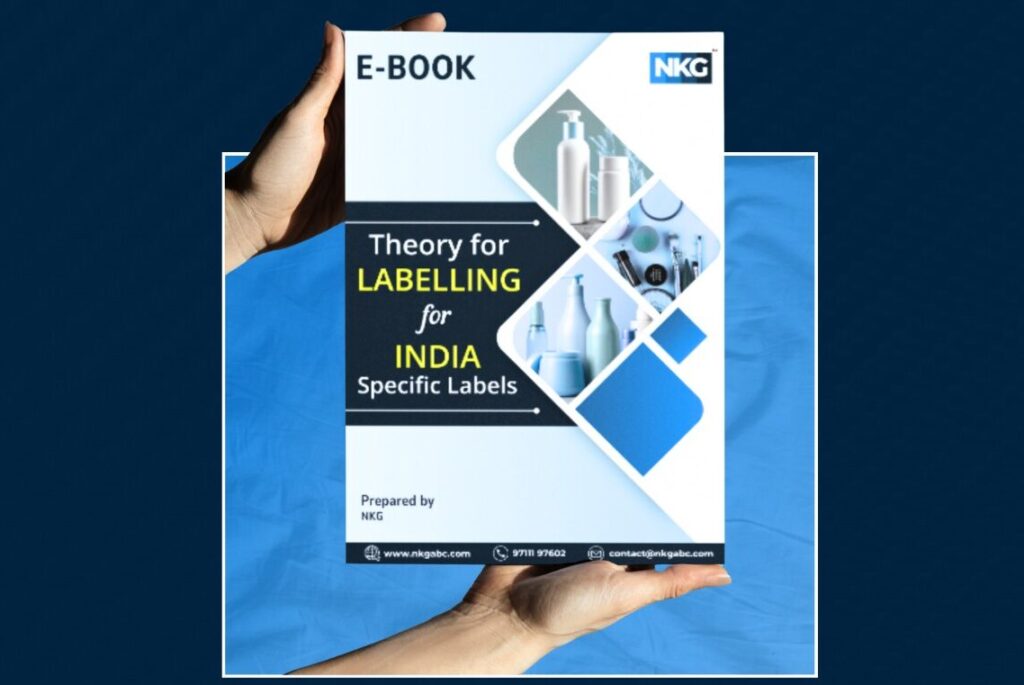Introduction
The Indian government has issued a Quality Control Order (QCO) making the BIS for Primary Lead mandatory, effective October 17, 2025. This regulation requires all Primary Lead, a vital industrial metal, to conform to IS 27:2023 specifications and bear the BIS Standard Mark.
As industries that rely heavily on lead such as battery, cable, and paint manufacturing gear up for this shift, it’s essential to understand the implications, requirements, and steps needed to stay compliant.
Expanded Introduction
The Indian government’s push toward ensuring safer and higher quality materials in industrial sectors has taken a significant step forward with the introduction of the Primary Lead (Quality Control) Order, 2025.
This new mandate requires every Primary Lead manufacturer and importer in India to obtain BIS certification. Starting from October 17, 2025, only Primary Lead conforming to IS 27:2023 and bearing the BIS Standard Mark will be legally allowed in the Indian market.
This policy aligns with broader efforts to enhance product traceability, reduce toxic metal imports, and increase the reliability of products in key sectors like automotive, electrical, and battery manufacturing.
What is BIS for Primary Lead and Why It Matters
BIS for Primary Lead is a compliance mandate under the Bureau of Indian Standards Act, 2016. It ensures that all Primary Lead used or sold in the Indian market meets predefined safety and quality standards.
The order has been introduced to safeguard downstream industries from substandard inputs and to streamline traceability across the supply chain. Acquiring a Primary Lead license is no longer optional, it’s now a prerequisite for lawful operations.
Key Standard – IS 27:2023 and What It Covers
IS 27:2023 is the Indian Standard that specifies the quality benchmarks for Primary Lead. This includes:
- Chemical composition
- Permissible impurities
- Physical form
- Testing procedures
Manufacturers and importers must ensure that every batch of Primary Lead meets these requirements to qualify for BIS certification.
Importance of Primary Lead in Industry
Primary Lead is a critical raw material used in a variety of industrial applications, most notably in battery manufacturing, cable sheathing, radiation protection, pigments, and specialized alloys.
As India rapidly urbanizes and electrifies, the demand for safe and standardized lead has surged. The absence of proper quality control in the past often resulted in hazardous imports or inconsistent local supplies.
The BIS for Primary Lead regulation changes this by ensuring a common, enforceable quality benchmark across the board.
Who Needs BIS Certification for Primary Lead?
The QCO applies to all Producers, Importers, and Brand Owners (PIBOs) dealing with Primary Lead in India. Whether the material is used in manufacturing batteries, cables, or other lead-based products, obtaining a Primary Lead license is now mandatory.
🚫 Only goods meant for export are exempt.
📄 You can download the official Quality Control Order (QCO) notification PDF for Primary Lead here to review the government mandate directly.
Additional Compliance Challenges for PIBOs
For PIBOs, the challenge is twofold:
- Align their supply chains to ensure every shipment of Primary Lead complies with IS 27:2023
- Either apply for a Primary Lead license themselves or ensure sourcing only from BIS-certified vendors
This calls for a strategic shift toward compliance-oriented procurement and timely certification to avoid disruptions.
How to Comply: Getting the Primary Lead License
To obtain the BIS license for Primary Lead, applicants must follow Scheme-I of Schedule-II under the BIS (Conformity Assessment) Regulations, 2018.
Steps include:
- Submitting an application via the BIS portal
- Testing the product at a BIS-approved laboratory
- Undergoing a factory inspection (for domestic producers)
- Receiving the license and affixing the Standard Mark
Primary Lead Quality Control: The New Compliance Reality
The new Primary Lead quality control regime aims to eliminate non-conforming and hazardous materials from the Indian market. With this order’s enforcement, all stakeholders must reassess sourcing strategies and vendor compliance.
Failure to comply may lead to product rejections at ports, disrupted supply chains, or enforcement actions by authorities.
Practical Timeline for Compliance
To help PIBOs prepare, here’s a sample timeline assuming compliance begins in June 2025:
- June – July 2025: Audit supply chains, identify non-compliant vendors
- July – August 2025: Submit documentation and product samples for testing
- August – September 2025: BIS review and factory/site inspections
- September – October 2025: License granted; apply BIS mark to certified stock
Delays could lead to shipment holds or revenue losses—timing is critical.
Consequences of Non-Compliance
Starting October 17, 2025, importing or selling uncertified Primary Lead in India will violate the BIS Act. This could result in:
- Seizure of goods at customs
- Cancellation of orders
- Regulatory penalties
- Brand damage and business disruptions
Expanded FAQ Section
Q1: Does this apply to recycled or secondary lead as well?
No. The current QCO specifically applies to the Primary Lead. However, future QCOs may include secondary or recycled variants.
Q2: Do I need a new license for each consignment?
No. Once you have a valid Primary Lead license from BIS, it covers your ongoing production and shipments within that scope.
Q3: What if I import finished products containing lead?
This QCO applies only to Primary Lead as a raw material. However, finished products may be subject to other BIS or sector-specific regulations.
Strategic Benefits of Compliance
While compliance might seem complex initially, there are long-term advantages for proactive PIBOs:
- Competitive edge in regulated markets
- Improved supply chain transparency
- Eligibility for high-value B2B and government contracts
- Assurance of product consistency and safety
How NKG Advisory Helps
At NKG Advisory, we specialize in helping PIBOs navigate BIS compliance efficiently. We offer:
- End-to-end documentation and application support
- Coordination with BIS-recognized testing labs
- Supplier verification and pre-audit assessments
- Regulatory monitoring and personalized compliance roadmaps
Whether you’re applying for a Primary Lead license or adapting your import/export strategy, our team ensures a seamless experience from start to certification.
Conclusion
The clock is ticking for PIBOs and stakeholders involved in the Primary Lead value chain. With BIS for Primary Lead becoming enforceable from October 2025, it’s time to act.
Ensure your products align with IS 27:2023, obtain the necessary licenses, and secure your operations against compliance risks.
For tailored assistance, connect with NKG Advisory, your partner in navigating India’s evolving regulatory landscape.
And if you are looking for more insights on compliance, certifications, and industry updates? Explore our blog page for expert guidance and actionable information. Visit Now







